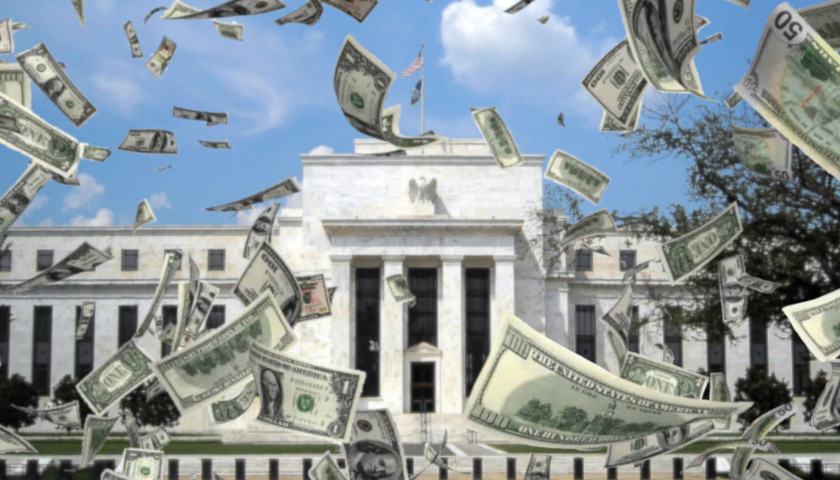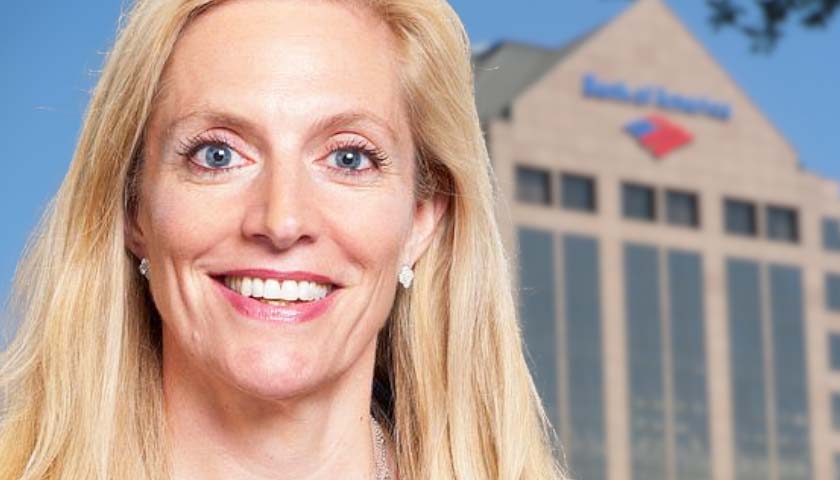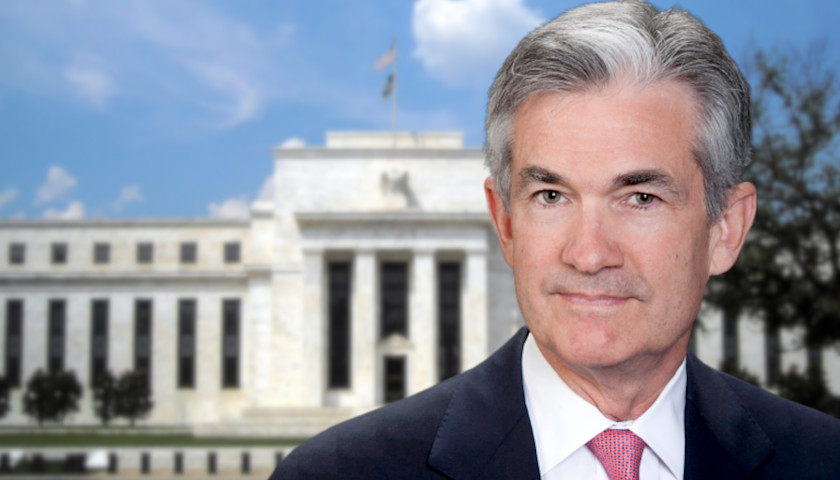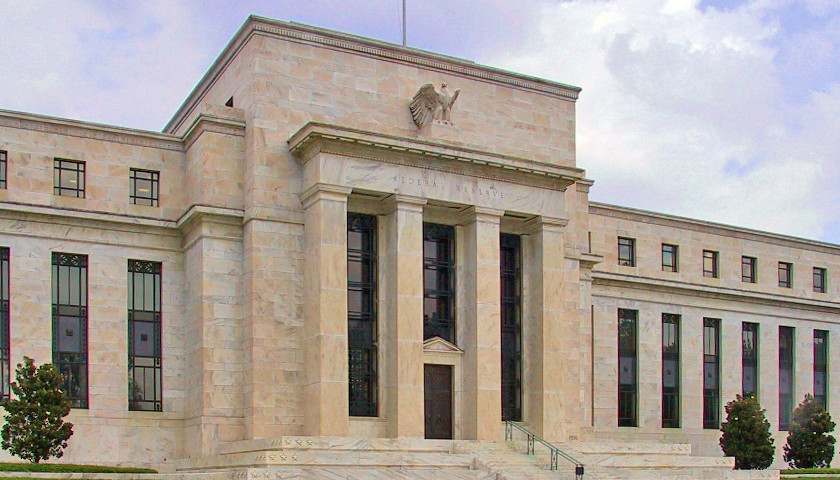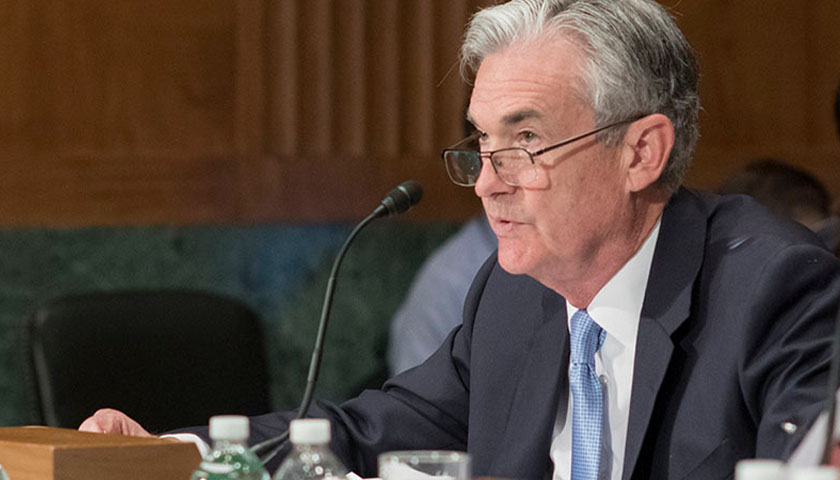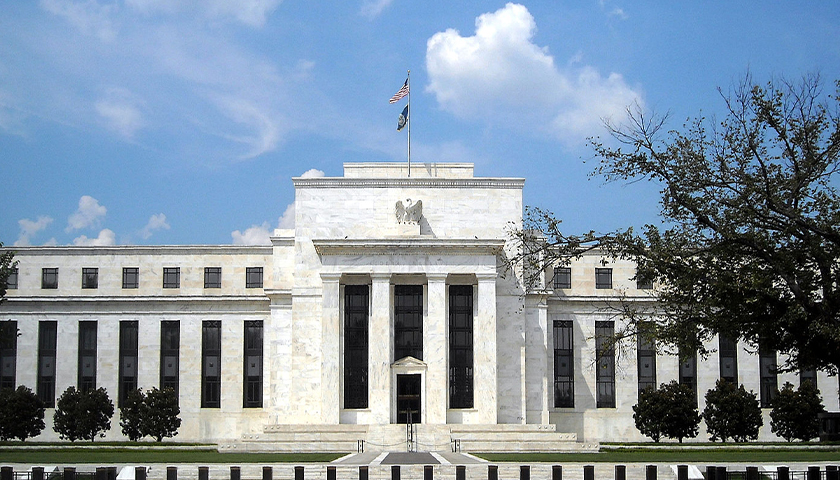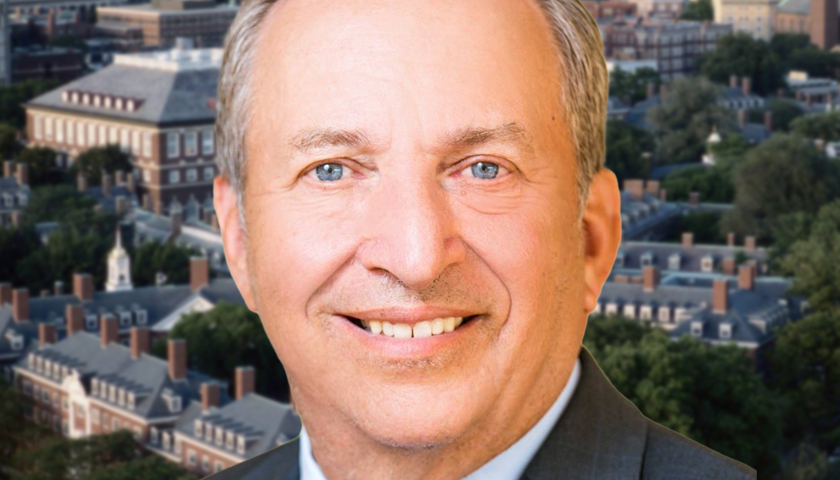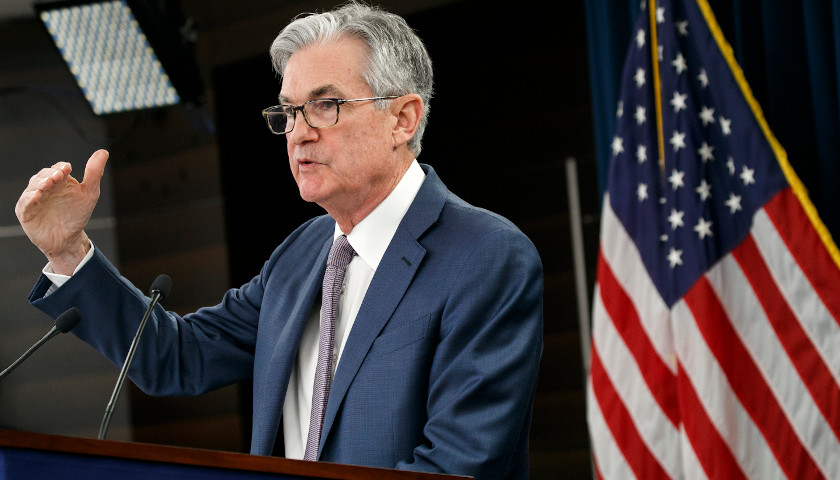The Federal Reserve announced Wednesday that it would begin scaling back its monthly bond purchases in November, marking the first step towards ending its pandemic stimulus as inflation surges.
The scaling of bond purchases, more commonly known as tapering, will start “later this month,” the Federal Open Market Committee (FOMC) said in a statement. The Federal Reserve will reduce its purchases by $15 billion each month — $10 billion less in Treasury bonds and $5 billion less in mortgage-backed securities — from the current $120 billion figure.
Read More
